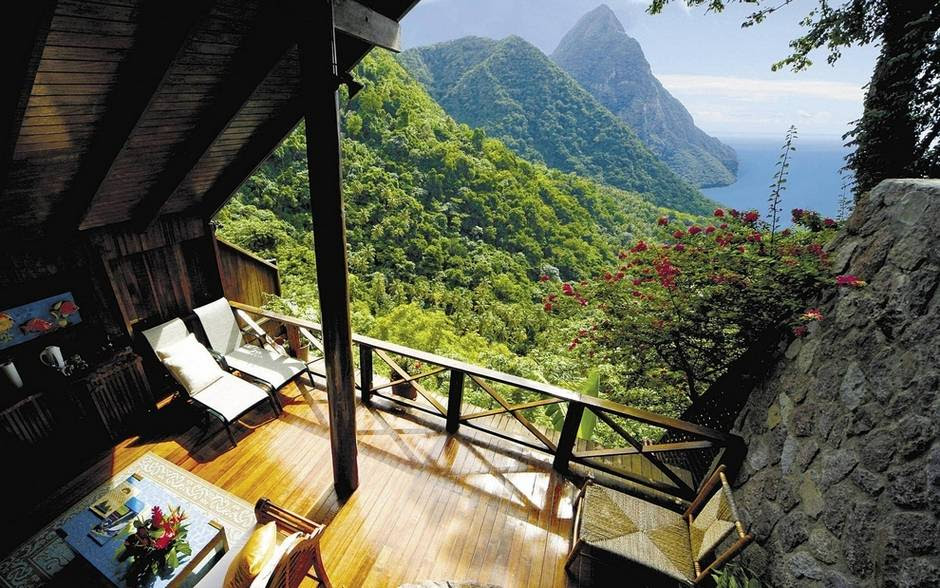Shell legal machinations over Nigeria in the London High Court
On 8 October, the High Court in London blocked an agreement between the oil giant Shell and the UK law firm CW Law in relation to thousands of Nigerians, which the Marble Arch based law firm claimed it represented, in a dispute over oil spills in Nigeria.
CW Law was accused, by law firm Leigh Day, of unlawfully entering into settlement talks with Shell Petroleum Development Company (SPDC) on behalf of many villagers of Bodo, in the Niger Delta, who they didn’t represent and who were not clients of the firm.
With a population of 14,000 adults, the great majority of the villagers are represented by London based law firm Leigh Day in one of the largest environmental legal cases in history following two massive oil spills in 2008 from pipelines operated by Shell.
Leigh Day has spent 3 years gathering witness statements and verifying its list of clients on the ground, in Nigeria, to fight the case against Shell in the UK Courts.
In August 2014 Leigh Day learned that SPDC had entered into a settlement with CW Law, English Solicitors, who claimed to represent 7,400 of the villagers. Leigh Day, visited Bodo and spoke to the Chairman of the Council of Chiefs & Elders in Bodo, the Chiefs of the Council and the Village Heads of the 35 villages that make up Bodo and confirmed that they had not heard of CW Law or the Nigerian lawyers Egbegi & Co, who claimed to be working with CW Law.
Speaking after the judgment, the Senior Partner of Leigh Day, Martyn Day, said:
“We are very pleased that the Judge agreed to block the deal between Shell and CW Law as far as our clients are concerned.
“This paltry deal may have been lucrative to the lawyers involved but it would have meant peanuts for those of our clients caught by it. The Bodo Creek is damaged for decades to come. We will only resolve the claims when Shell is prepared to pay properly for the damage it has caused.”
Background
Shell is accused of two leaks from its pipelines in 2008/09, which devastated the environment surrounding the community of Bodo*, in Gokana Local Government Area, Rivers State, Nigeria.
Bodo is a fishing town. It sits in the midst of 90 sq km of mangroves swamps and channels, which are the perfect breeding ground for fish and shellfish.
The Bodo community is a rural coastal settlement consisting of 31,000 people who live in 35 villages. The majority of its inhabitants are subsistence fishermen and farmers. Until the two 2008 spills Bodo was a relatively prosperous town based on fishing.
According to Leigh Day, the spills have destroyed the fishing industry. Expert evidence indicates 1,000 hectares of mangroves have been destroyed by the spills and a further 5,000 hectares have been impacted.
The United Nations, Amnesty International and the Nigerian government have all expressed deep disappointment with Shell’s lack of action in the region.
Impoverished local fishermen have been left without a source of income, and have received no compensation. The Ogoni fishing and farming communities have accused Shell of applying different standards to clean-ups in Nigeria compared with the rest of the world. Amnesty has described the oil spill investigations ‘a fiasco’.
FROM A LEIGH DAY PRESS RELEASE
RELATED
FROM THE GUARDIAN NEWSPAPER:
‘Poaching’ row in legal battle over Nigerian oil spill
Representatives of the Ogoni people against Shell complain that their legal action is being sabotaged by rival law firms
The TRUTH will set you FREE.






























 ;
;